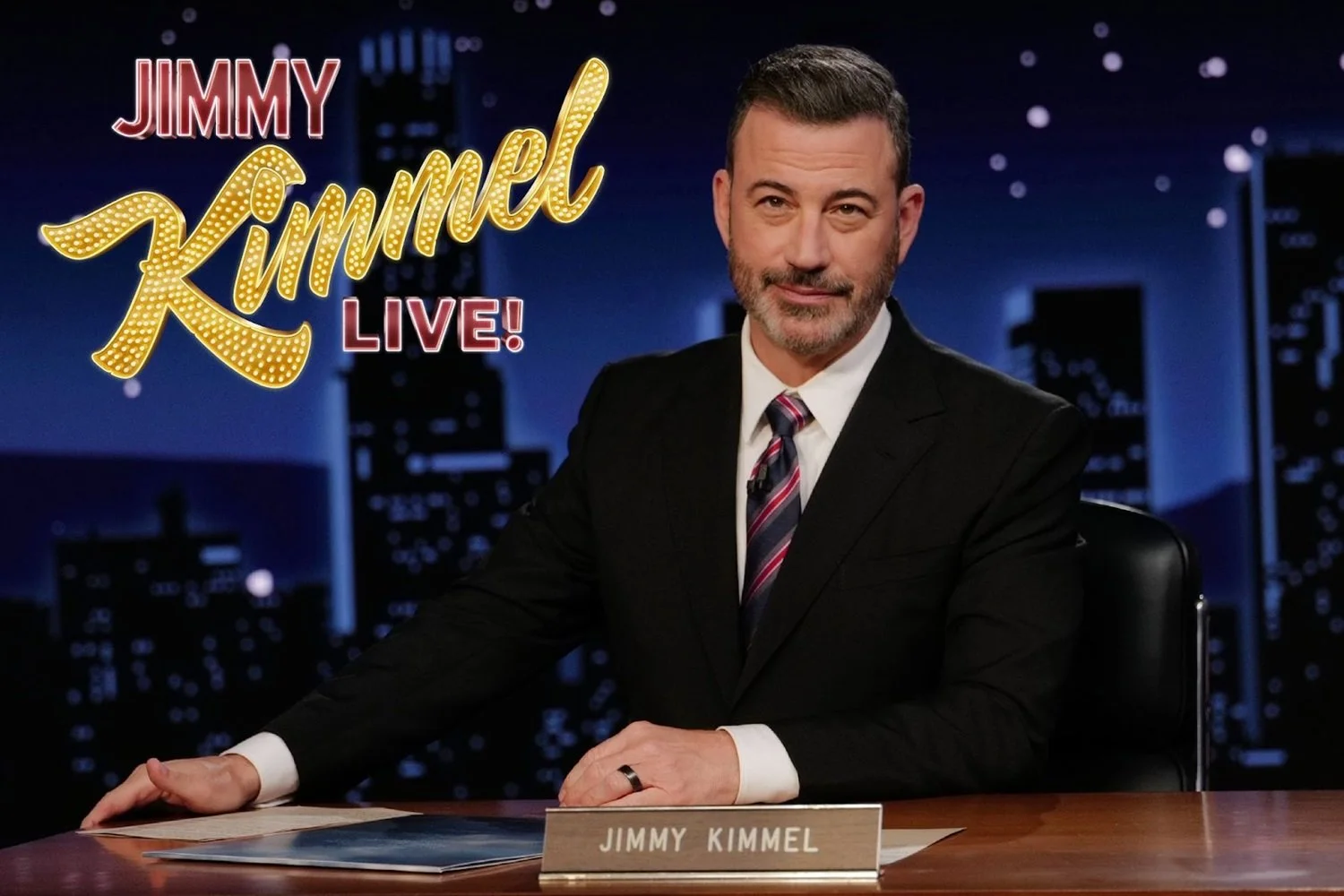“Words on the Loose: Why Freedom of Speech is Like Letting Your Dog Off the Lead in a Busy Park”
Freedom of speech has become one of those phrases people like to wave about as if it’s a platinum membership card that entitles them to priority service at the bar of truth. What it really is, of course, is a battered old bus pass that everyone has, and everyone insists on using at the same time, leading to an almighty jam. You’ve seen the kind: a collection of characters who would never otherwise meet crammed together in the same public square, each demanding to be heard above the rest.
The image the philosophers of the Enlightenment may have had in mind was something serene: a gathering of thoughtful citizens, heads bent together in rational discussion, the air scented faintly with coffee and pipe smoke. What they got instead—because human beings have a way of disappointing theory—is closer to the open-mic night of civilisation. Everyone wants the stage, everyone thinks they’ve got the killer set, and no one wants to listen when it’s not their turn.
This is not necessarily a bad thing. After all, if you outlaw the dreadful acts of public speaking—the half-baked rants, the tin-foil soliloquies, the crackpot confessions—you also outlaw the possibility of greatness. If you silence the bore in the corner, you also silence the prophet before anyone knows he’s a prophet. The price of Shakespeare is that you also have to sit through a Brian, who thinks his poetry about his stamp collection deserves publication.
Which brings me to the park, and the dog. Letting people speak freely is exactly like unclipping the lead from a Labradoodle: you know it will end in chaos, but you also know it will be glorious chaos. The dog will frolic, the children will laugh, and then at some point it will roll in something unspeakable and return triumphantly to the picnic blanket. You love the freedom, but you do not love the consequences. Freedom of speech is the same. You’ll get soaring oratory, and you’ll get flat-earth manifestos. You can’t have the first without tolerating the second.
The problem with freedom is not that it produces noise—it always has—but that we now carry the park in our pockets. Twitter, or X as it was hastily renamed, is essentially Hyde Park Corner fitted into an app, with the added bonus that every heckler has a global microphone. What used to be the rant of one determined eccentric standing on a milk crate is now an international broadcast, garnished with hashtags and emojis.
Clive James once said that television had made it impossible for a public figure to conceal their stupidity, because given enough airtime, it would seep out like damp through a poorly plastered wall. Social media has extended this to everyone. We are all now public figures, and our damp patches are on display. You can admire the democracy of it—at last, the right to be a fool is equally distributed—but you must also endure the sight of a great many damp walls.
Yet, to retreat from this, to sigh and declare that perhaps some speech should be tidied away for the greater good, is to forget the harder lesson: who decides which speech gets swept under the rug? Once you grant the rug-pullers their authority, you might find that the things you care about are the first to vanish. History is obliging on this point—it offers shelves full of examples, all of them grim. From bonfires of books to regimes that vanished entire languages, the story is always the same: censorship comes wearing sensible shoes and saying it only wants to tidy up, and before long it has burnt the library down.
The odd thing is, we already live with limitations. Nobody is free to shout “fire” in a crowded theatre. You can’t libel your neighbour, however satisfying that might feel after they broke your lawn mower. We have rules, and rightly so. But these are rules about harm, not about offence. Offence, after all, is democratic. Everyone has their list. You may be offended by vulgar jokes, while your neighbour is offended by whistling. In this sense, freedom of speech is less a polished principle than an agreement to tolerate each other’s barking, howling, and occasional growling.
Does this mean everything uttered under its protection is noble? Hardly. Much of it is as nourishing as a three day old reheated slice of pizza. But the virtue of the principle is not in the content, it’s in the space it leaves open. It says: “Here, in this messy park, you can speak. Someone may laugh, someone may boo, someone may walk away, but the words are yours.” That is what separates the open society from the closed: the chance, however small, that amid the nonsense, a voice will say something that changes everything.
We live in a time when every word feels like a grenade, and every silence like an act of cowardice. In such times, it is tempting to wish for silence, to mute the babble. But that temptation is a wolf in a librarian’s cardigan. Better to endure the endless karaoke, the soap-box sermons, the late-night monologues. Better to let the dogs run free and accept the occasional ruined picnic. For in that freedom is the possibility of sense, wit, beauty—and even, on rare occasions, truth.
So the next time you find yourself wincing at a half-cooked rant online, remember: this is the price of keeping the park open. Freedom of speech does not promise you a view uncluttered by nonsense. It promises you that the nonsense is not compulsory. You can walk on, or you can bark back. But what you cannot do—what you must not do—is close the gate.
Because once it closes, the silence that follows is never as peaceful as it first seems.
